Peace Joan Adomat
Kabitiira Anita is one of the over 200 students residing in Nabagereka Hostel. In a one-on-one interview, the 20 year old Business Administration Student narrated to us how it is like living in the only hostel situated within the University premises.
Kabitiira routinely wakes up at 6 am, does her morning chores and by 7am, she is in the lecture rooms waiting for her first lecture. After the first lecture, she dashes to her room for a quick snack before swiftly returning to class for the Midmorning lecture. At exactly 1pm , kabitiira is by the kitchen area ready to pick her lunch.
“life as a student staying in nabagereka demands punctuality, you have to wake up early and do a few things as you prepare for classes. We have 3 meals a day, breakfast at 6:30am, lunch at 1pm and supper at 7pm. You ought to be good at time management not to miss any of the three.” said Kabitiira.
” Being a resident student, some amenities like free internet access, Dstv and proximity to classes is what makes it convenient and keeps us academically motivated.” She added.
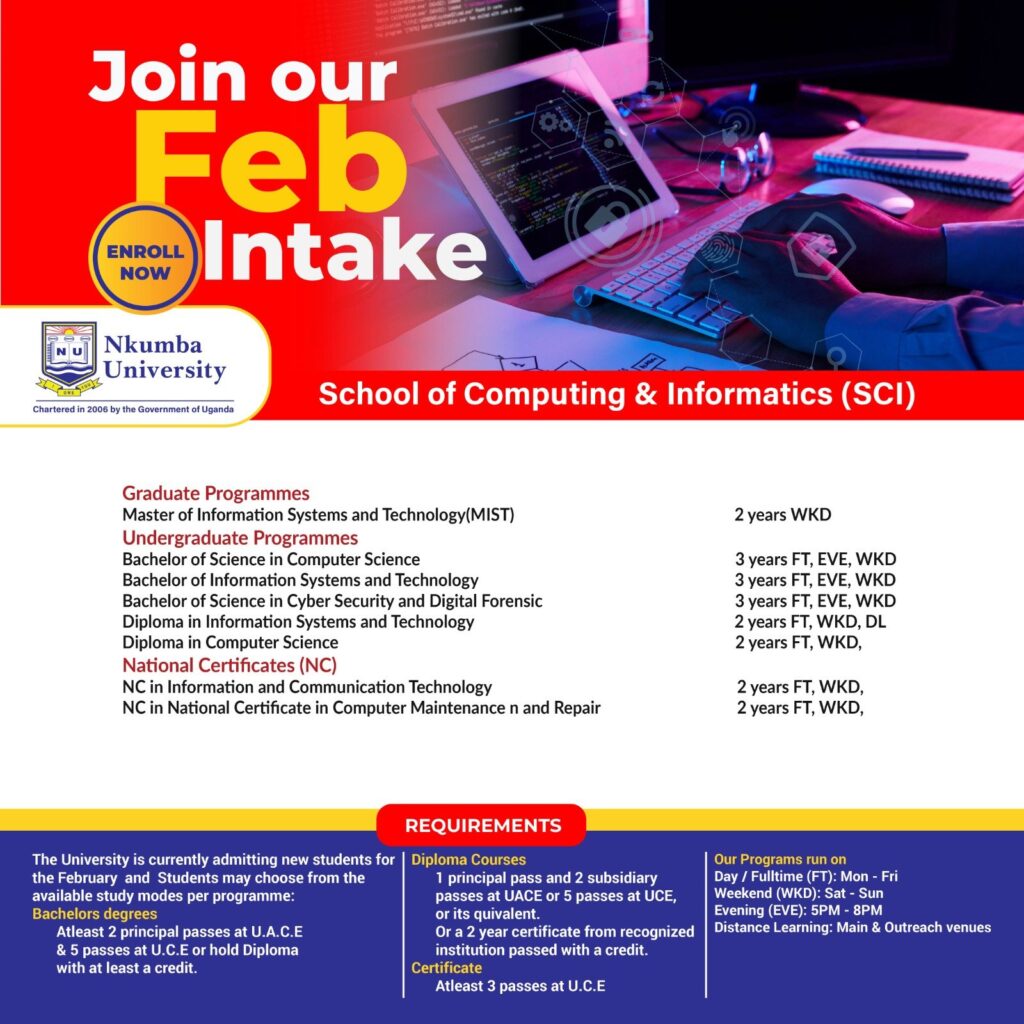
Much as Kabitiira believes that residing in Nabagereka Hostel is close to heaven on earth, some of her colleagues residing in the same Hostel refuse her claims, Adeng Sharon, a Second year Social work and Social A dministration Student revealed that students encounter a number of challenges on a daily including insecurity, Minimal or no personal space or invasion of privacy, Noise pollution among others.
“Things like no personal privacy, Noise pollution from the neighboring Bars are an inconvenience, worse still, the policy on accesing bathrooms is another nagging issue. Inside bathrooms are openned at 6 am and closed at 9 a.m in the mourning and waking up later than 9am means, you have to use the outside bathrooms, and because they are filthy, some resort to using the sink area for quick showers leaving it untidy.” Narrated Adeng.
Adeng also says, the method of queuing up with meal cards is archaic more so with today’s technological advancement. “why can’t we have our student’s IDs scanned to authenticate those who have paid for meals like it is done for those who have cleard tuition rather than making us carry meal cards.” Lamented Adeng.
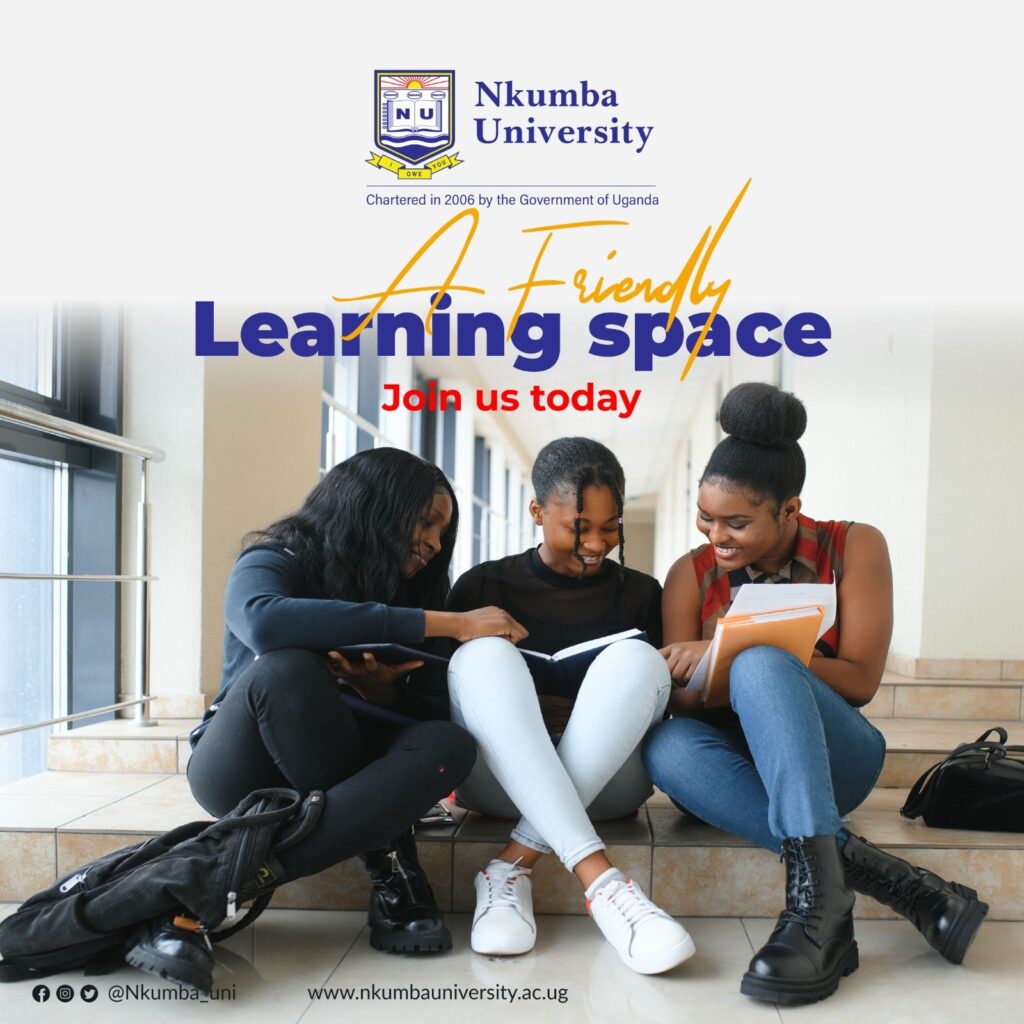
Mr Alex Mukasa, one of the cooks stated that” if you do not have a meal card, you can not be served food.” It is estimated that out of over 200 resident students at Nabagereka Hostel, less that 100 turn up for meals at the designated restaurant-Finaland.
University management has strict regulations of inbound resident student with policies on who accesses their Hostel, what time they can be granted permission to go out and when they are expected to be back. To fasten security, management introduced a policy on scanning Student’s Identity Cards and registering those who enter the University. Management re-imphasised that they are here to make student’s stay in Nabagereka secure and enjoyable.
Compared to non-resident students, statistics show that 99% of resident students pass their exams every semester with 90% performing excellently well. This is attributed to academically conducive amenities at their disposal like internet, 18 hours access to the library, peer influence and the conducive environment.
Nabagereka is the only inbound Hostel situated southwest of the University, adjacent to the Guild offices with 24 hours security with a well equipped clinic approximately 30 meters away.



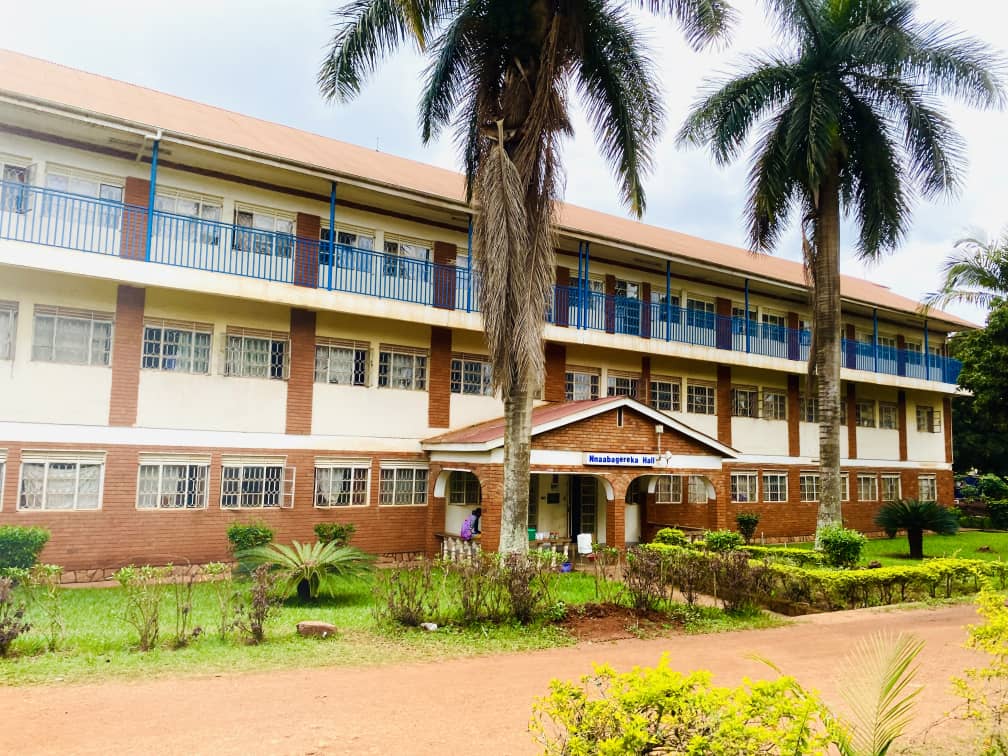
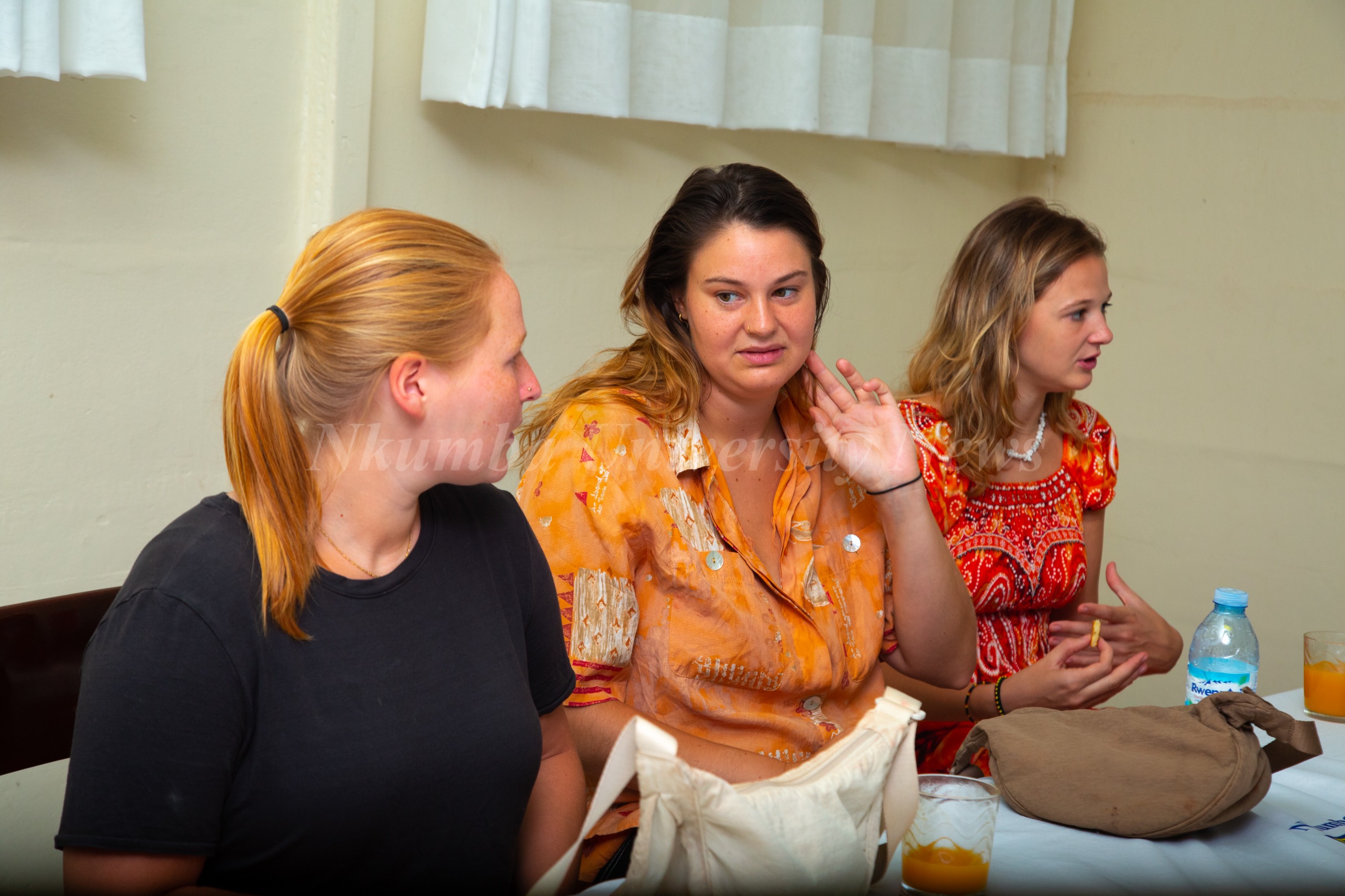


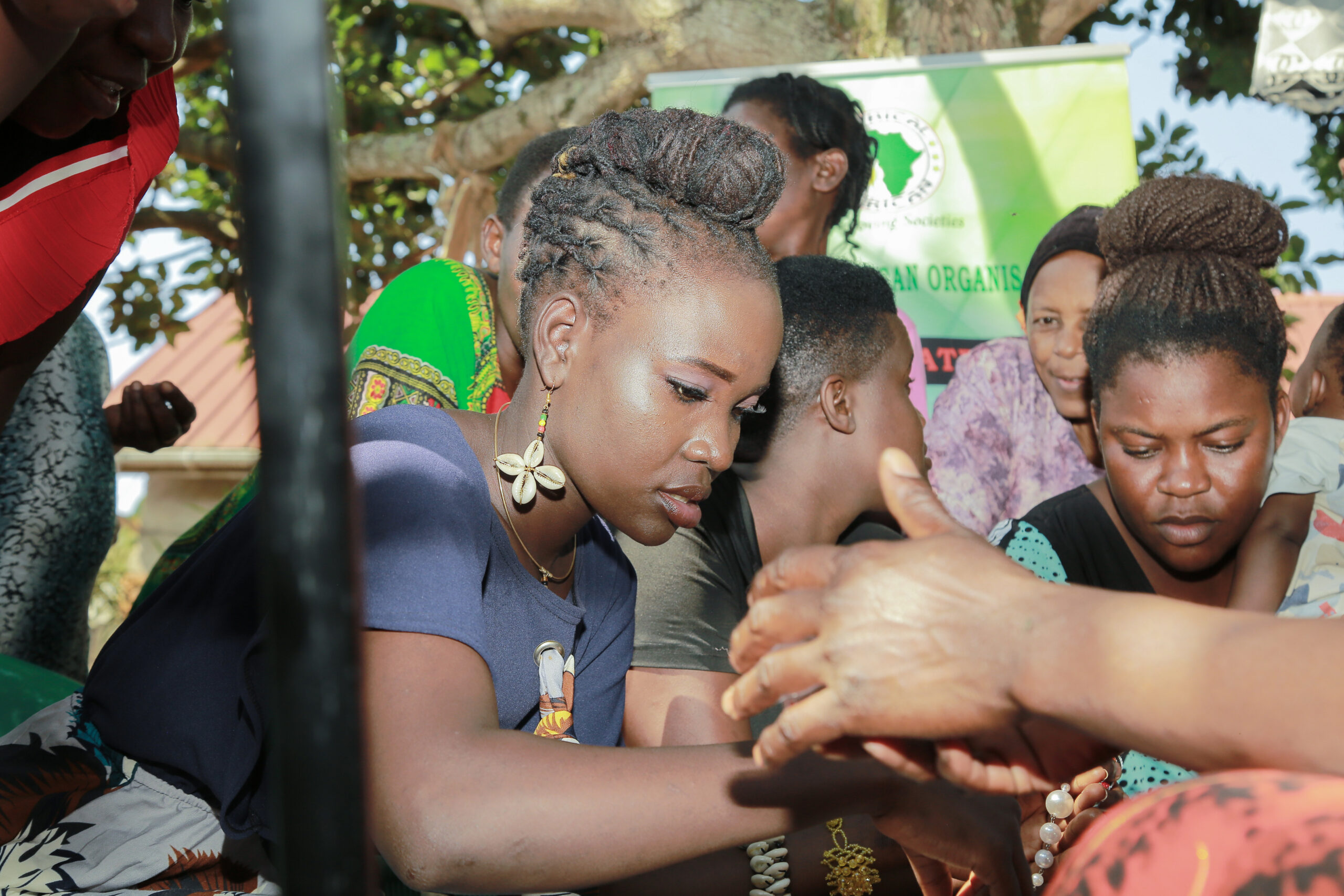













Discussion about this post